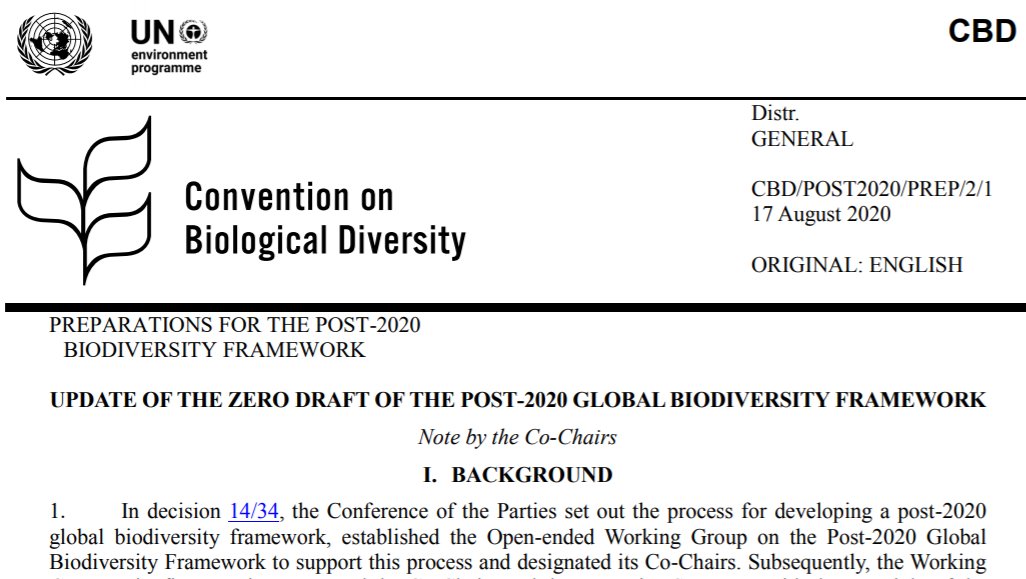
Beware the disingenuous narrative from #biodiversity financiers ahead of #COP15. It goes like this:
1. We need to integrate #nature into our economies to protect it (except no one has ever demonstrated that we do, & history of conservation shows that we don’t) 1/6
1. We need to integrate #nature into our economies to protect it (except no one has ever demonstrated that we do, & history of conservation shows that we don’t) 1/6

2. Markets on nature are happening anyway, we just need to ensure good governance (they are not happening anyway, private lobbies are actively promoting them, and their conceptual issues go way beyond governance) 2/6
greenfinanceobservatory.org/wp-content/upl…
greenfinanceobservatory.org/wp-content/upl…
In fact, off the record most financiers, environmental & policy experts agree that they will most probably be an environmental failure and a political success, just like carbon offsets, i.e. they will buy time to continue maximising growth 3/6 

3. Let's create biocredits, that are identical to biodiversity offset credits but shouldn't be used as offsets (except they have no other scalable use). #Biglie 4/6 

Biodiversity offsetting is not a new idea at all, the EU having tried unsuccessfully to introduce it since 2014: all the usual suspects & enablers are now jumping on the bandwagon, expecting that the lobby pressure to create markets on nature will finally pay off at #COP15 5/6
Yet, 119 experts from academia and civil society have called in an open letter to the UN, WEF, European Commission and WWF to reject this doomed financialisation of nature.
Let's spread the word far and wide
greenfinanceobservatory.org/wp-content/upl… 6/6
Let's spread the word far and wide
greenfinanceobservatory.org/wp-content/upl… 6/6

• • •
Missing some Tweet in this thread? You can try to
force a refresh










